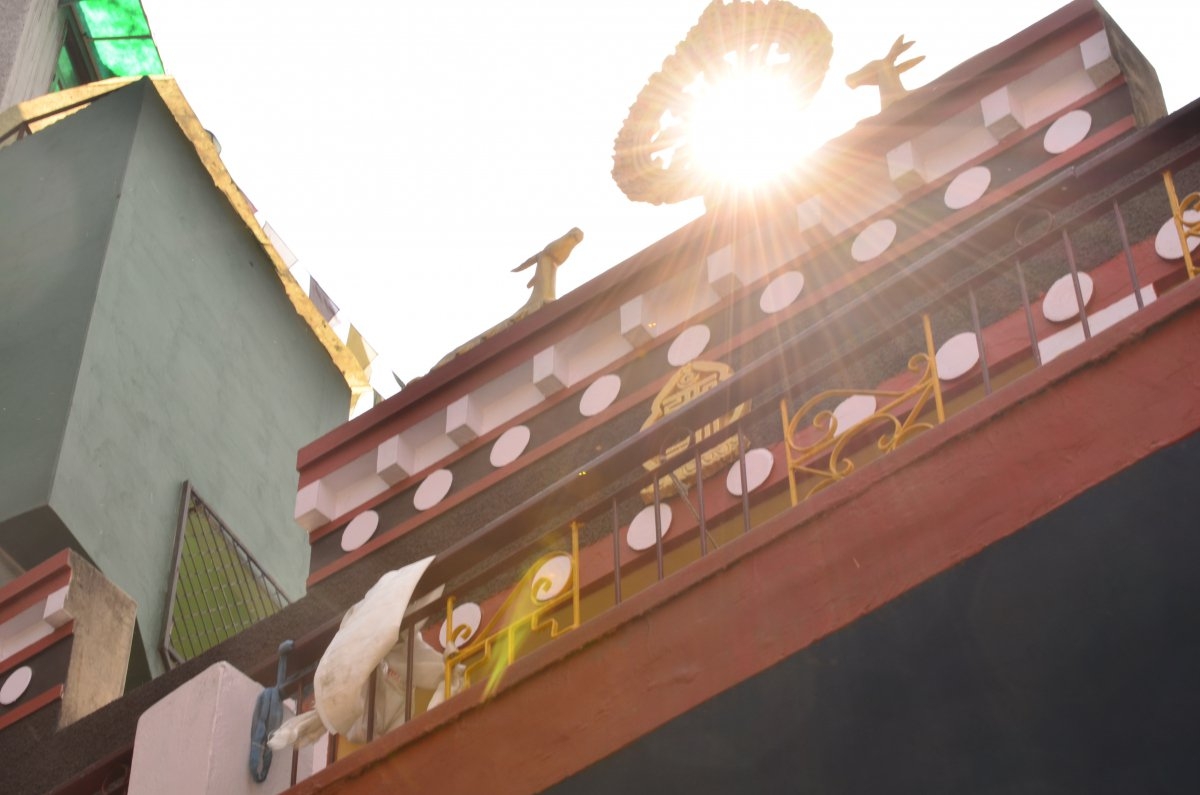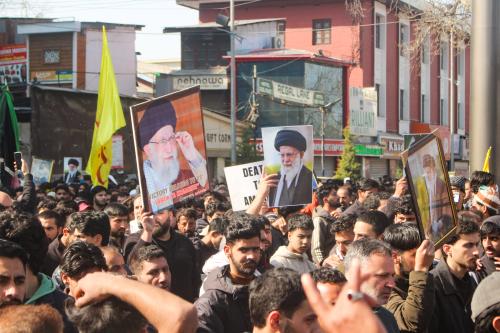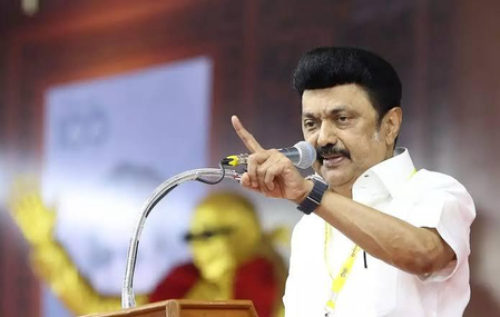New Delhi, June 17 (IANS) Their ancestors crossed over to India in wake of the 1959 Tibetan uprising and made Delhi's Majnu Ka Tila their home. The children, most of whom were born at this small refugee camp on the Yamuna riverbed, grew up hearing stories of atrocities by the Chinese and yearning for an elusive life in their long-lost homeland that at best became an expression on T-shirts and flags proclaiming "Free Tibet" as they continued to live and work in India. IANS went to the bylanes of the Tibetan colony to ask around what they make of the recent violent face-off between the two nuclear armed nations that caused casualties on both sides. Tenzing, 24, says that peace should be given a chance. "The border situation is serious. I think peace should be given a chance. I request both sides to engage in dialogue. War is not an option as it makes things worse for both," opines the youth who grew up hearing tales of Chinese aggression. His namesake, another Tenzing, a 34-year-old, too believes talks should be the first option. But he adds, if the Chinese refuse to budge, war is and should be the option. "Tab to ladaai hona hi hai (Then, war is inevitable)," he says. But Kungapal, 32, has a different take -- that many Indians are advocating at this point -- that of targeting Chinese economy. "The Chinese slaughtered almost one million Tibetans back in the old days. They tortured us in most inhuman ways. We are with India, if the situation leads to a war like situation, without any doubt. However, we are a peace-loving tribe. I would suggest all Indians should boycott Chinese products like Oppo, Vivo among others. Targeting their economy will ensure (them) greater harm," he says while sitting outside a shut shop that used to sell Tibetan merchandise before the lockdown. About the Chinese influence, he went on to allege that the 'Dragon' has, in fact, infiltrated the Tibetans in India as well. Near the Tibetan temple at the centre of the refugee colony, Bal Krishna, a non-Tibetan but resident of the area, prefers a more brute Indian response. At a time when Prime Minister Narendra Modi was telling Chief ministers of different states that "India will defend its sovereignty and territorial integrity, come what may", he also echoed this sentiment. "India should take strong action. This is not a light matter. If our Prime Minister says, we can do it (defend our borders), then we must," says the 50-year-old. Meanwhile, another Tibetan opined: "There's no point in talking. They (the Chinese) should be thrashed." At least 20 Indian soldiers, including an officer, were killed on Monday night during a violent face-off with Chinese People's Liberation Army troops at Galwan Valley in eastern Ladakh region. These are the first casualties faced by Indian Army in a clash with the Chinese People's Liberation Army since 1975 when an Indian patrol was ambushed by Chinese troops in Arunachal Pradesh. The Chinese side is also said to have sustained casualties. However, they have refused two divulge the numbers so far. But hundreds of kilometres away from the windy valley of Galwan in the cluttered bylines of Majnu Ka Tila, opinions vary from "lets give peace a chance" to "economically boycott China" and even "go to war". However, what connects all shades of opinions in Delhi's very own Tibet is that their hearts beat for India, in face of a India-China conflict.
Delhi's 'mini Tibet' bats for India as Indo-China standoff worsens
- by Rinku
- June 17, 2020 2 minutes

Majnu-ka-tilla.











